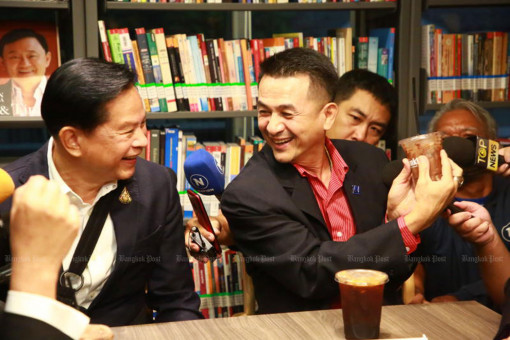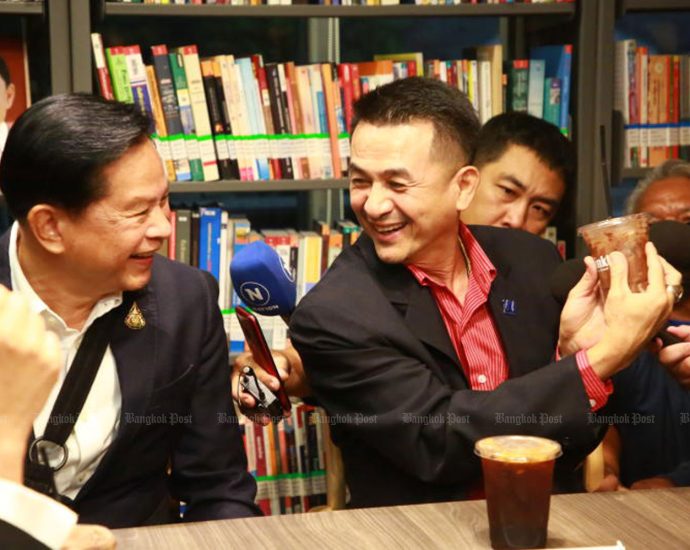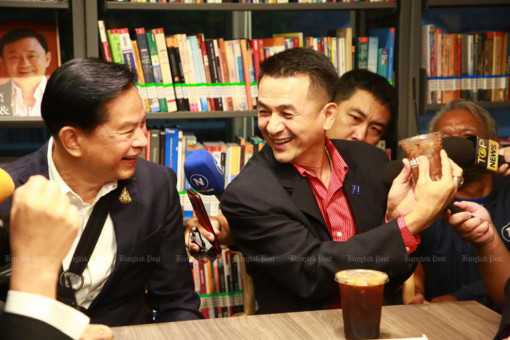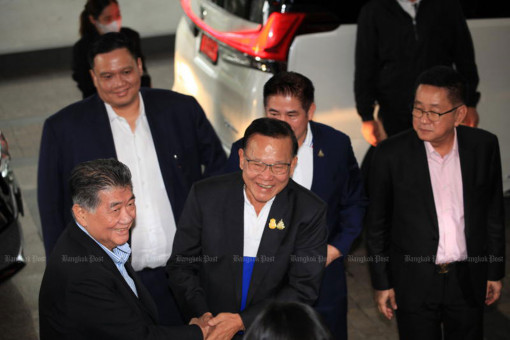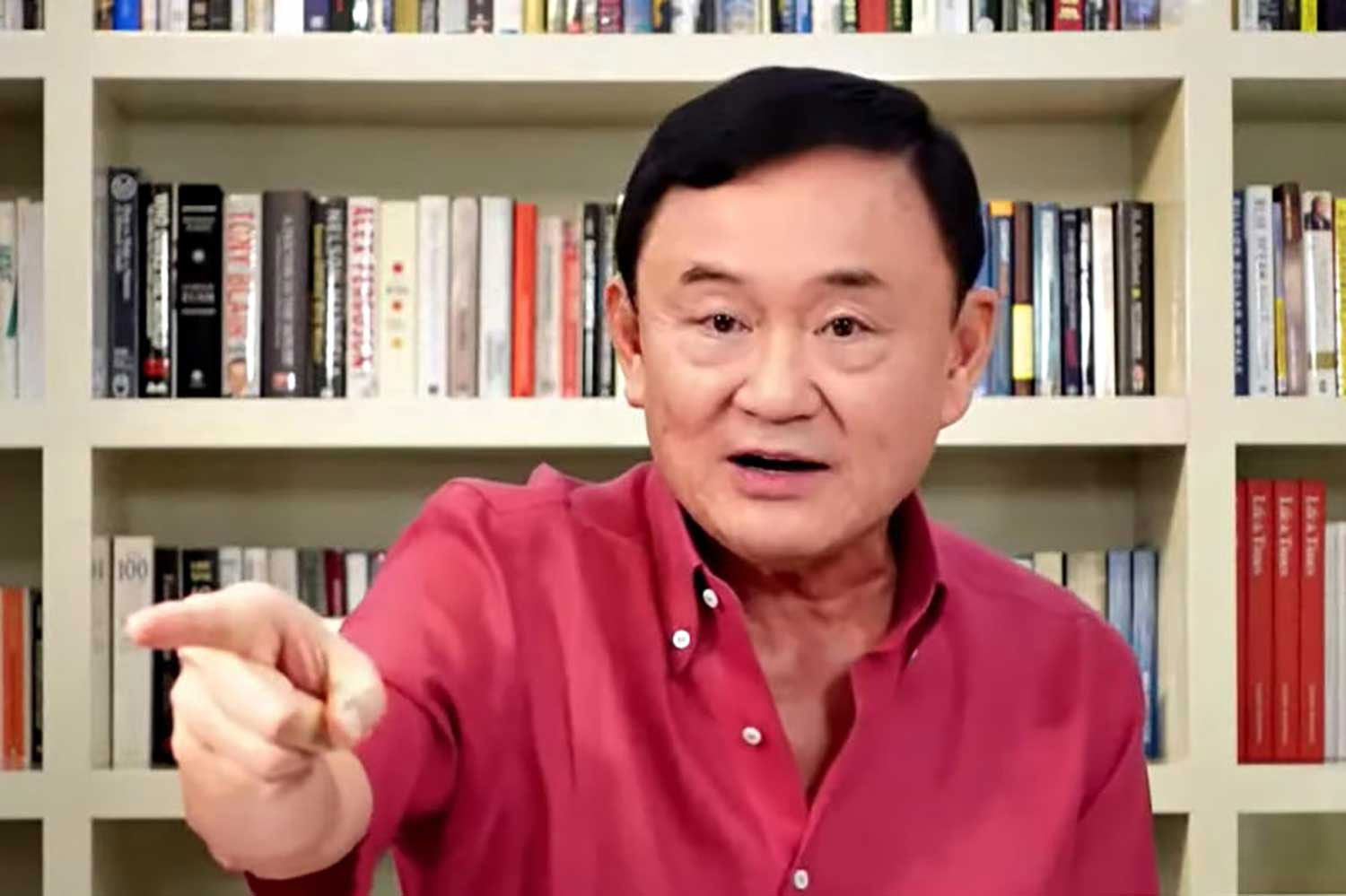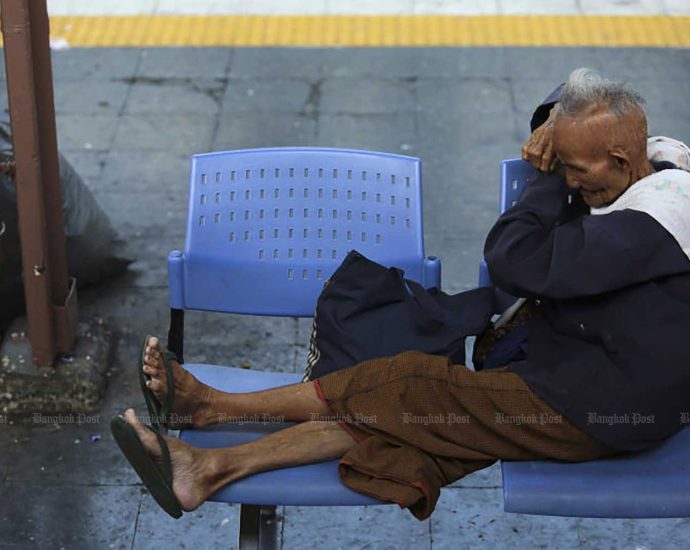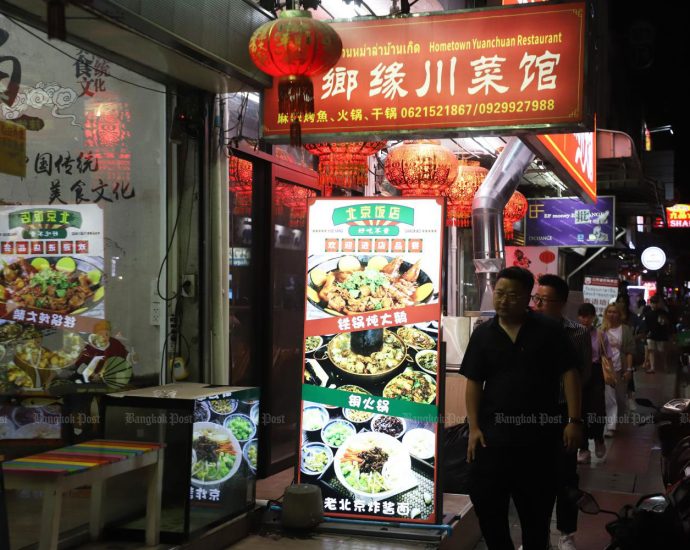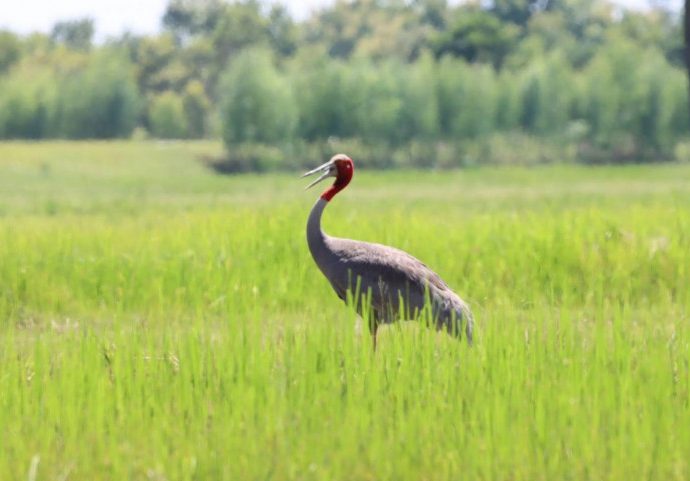Most disagree with Pheu Thai forming govt with former foes: poll
PUBLISHED : 20 Aug 2023 at 10:13

Most people disagree with the Pheu Thai Party’s forming a government that includes its former political foes in the coalition regardless of political polarisation, according to an opinion survey by the National Institute of Development Administration, or Nida Poll.
The poll was conducted on Aug 15-17 by telephone interviews with 1,310 people aged 18 and over of various levels of education, occupations and incomes throughout the country to compile their opinions on the Pheu Thai Party’s forming of a “special government” which includes Palang Pracharath and United Thai Nation parties regardless of political polarisation.
Of the respondents, 39.62% said they had never voted for the Pheu Thai Party (or the former Thai Rak Thai and Palang Prachachon parties); 33.13% said had previously voted for Pheu Thai, including in the May 14, 2023 election; 26.72% said they had previously voted for Pheu Thai, excluding the May 14, 2023 election; and 0.53% had never exercised their voting right.
Asked to comment on Pheu Thai’s formation of a “special government” regardless of political polarisation, 47.71% totally disagreed with it; 19.47% were in total agreement with it; 16.79% were in moderate disagreement with it; 15.11% in moderate agreement; and 0.92% had no answers or were not interested.
Asked who from the Pheu Thai Party they thought was suitable to be prime minister, 38.63% favoured Paetongtarn “Ung-ing” Shinawatra; 36.56% Srettha Thavisin; 8.47% Chaikasem Nitisiri; and 16.34% had no answer or were not interested.
Asked to comment about the present relations between Pheu Thai and Move Forward parties now that they have parted ways, 49.85% said they are now political rivals; 27.33% said they are just acquaintances; 20.99% said they are still allies; and 1.83% had no answers or were not interested.

